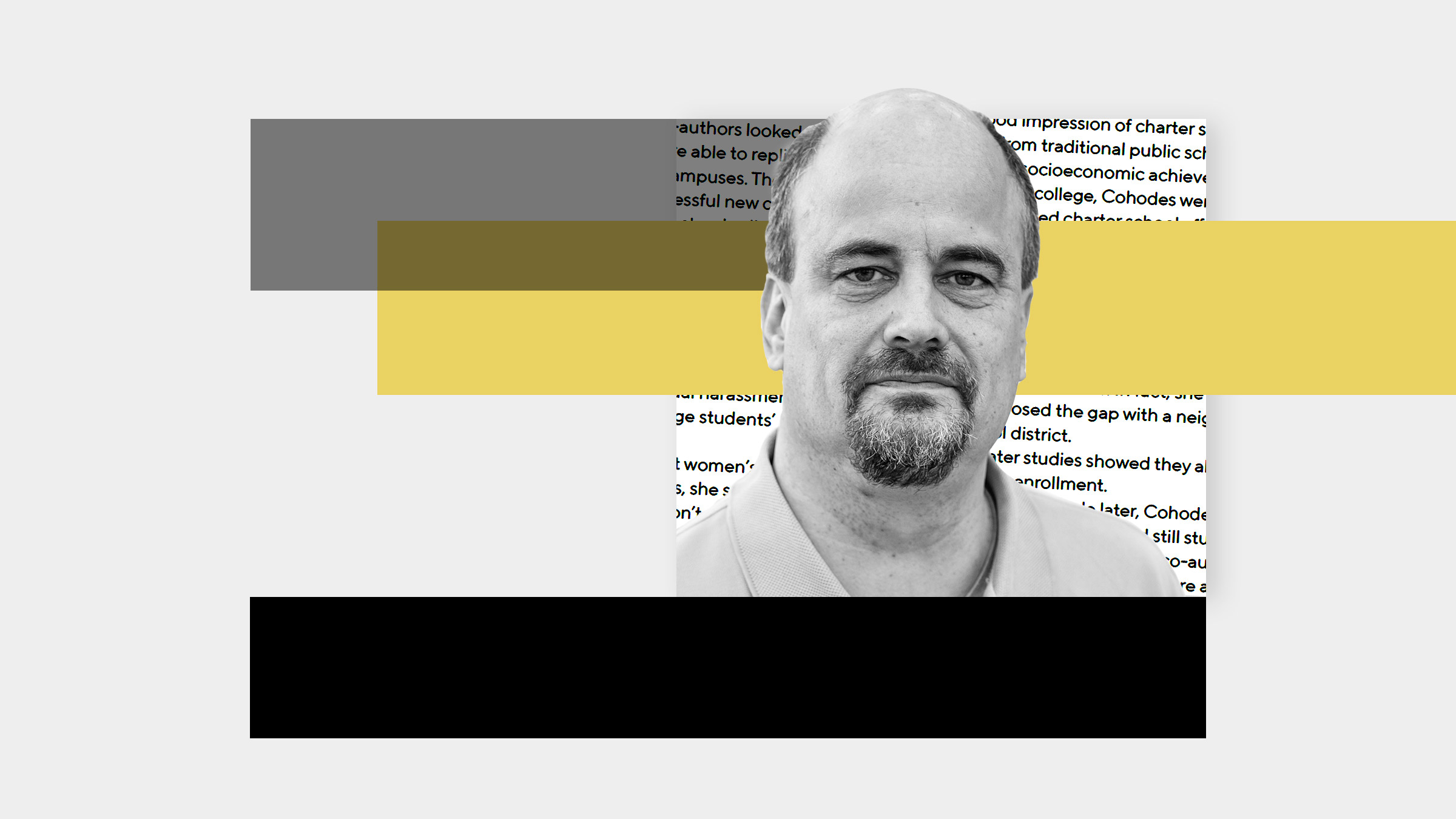The research community at the Institute includes visiting scholars, consultants, economists, research analysts, and research assistants. These scholars bring varied backgrounds, interests, and expertise to research that deepens our understanding of economic opportunity and inclusion as well as policies that work to improve both.
In a Federal Reserve System dominated by macroeconomists, “the micro people are like a fire extinguisher,” said John Bailey Jones, head of microeconomic analysis at the Richmond Fed. “We may not be answering questions every six weeks” in the wings of Federal Open Market Committee meetings. “But there will be questions that are really important, where you need that in-house expertise.”
Jones, a member of the Institute’s System Affiliates Board, describes his research specialty as “the fuzzy stuff”—bringing quantitative rigor to economic decisions often wrapped up with emotion, sentimentality, or tradition. “I just want to understand what makes people tick,” he said. “Trying to understand how that could be fitted to an economic framework isn’t always easy, but it really fascinates me.”
There are plenty of emotions attached to decisions around money and assets as we get older. With frequent co-authors including Institute consultant Mariacristina De Nardi, Jones has worked to untangle aspects of the “retirement savings puzzle.” Why do retirees save more (and spend less) than classical economic models predict? Within the bigger puzzle, smaller questions arise, such as, Why do couples save differently than singles?
Jones’ research has revealed, for example, how the desire to leave bequests for heirs interacts with the uncertainty of extreme end-of-life medical costs. Neither incentive alone can explain late-in-life saving behavior nearly as well as both together—any savings unneeded for medical care still has value as a bequest. This insight helps explain why few Americans have shown much interest in long-term care insurance (which does not pass to heirs if unused).
Jones’ recent economic briefs for the Richmond Fed focus on the surge in older Americans aging in place—a decision both sentimental and financial, with implications that include tighter housing markets and lower labor mobility. As our aging society faces a reckoning with the fiscal solvency of Social Security and Medicare, Jones is thinking about incentives around work at older ages. “What would be the best ways to extend people’s careers in a way that is not just simply imposing burdens on them? Is there a carrot-based way?”
On many topics Jones follows, the policy implications remain far from clear. “We’re still at a point where we just need to understand how people are operating,” he said. “The point now is to do very rigorous work and nibble away—quantitatively, empirically, and grounded in solid economic theory.”
This article is featured in the Fall 2025 issue of For All, the magazine of the Opportunity & Inclusive Growth Institute
More scholar spotlights from this issue
Jacelly Cespedes—Lessons in household finance
Yewande Olapade—A fascination with money on the move
Katherine Richard—Identifying gaps, alleviating hardships
Jeff Horwich is the senior economics writer for the Minneapolis Fed. He has been an economic journalist with public radio, commissioned examiner for the Consumer Financial Protection Bureau, and director of policy and communications for the Minneapolis Public Housing Authority. He received his master’s degree in applied economics from the University of Minnesota.







